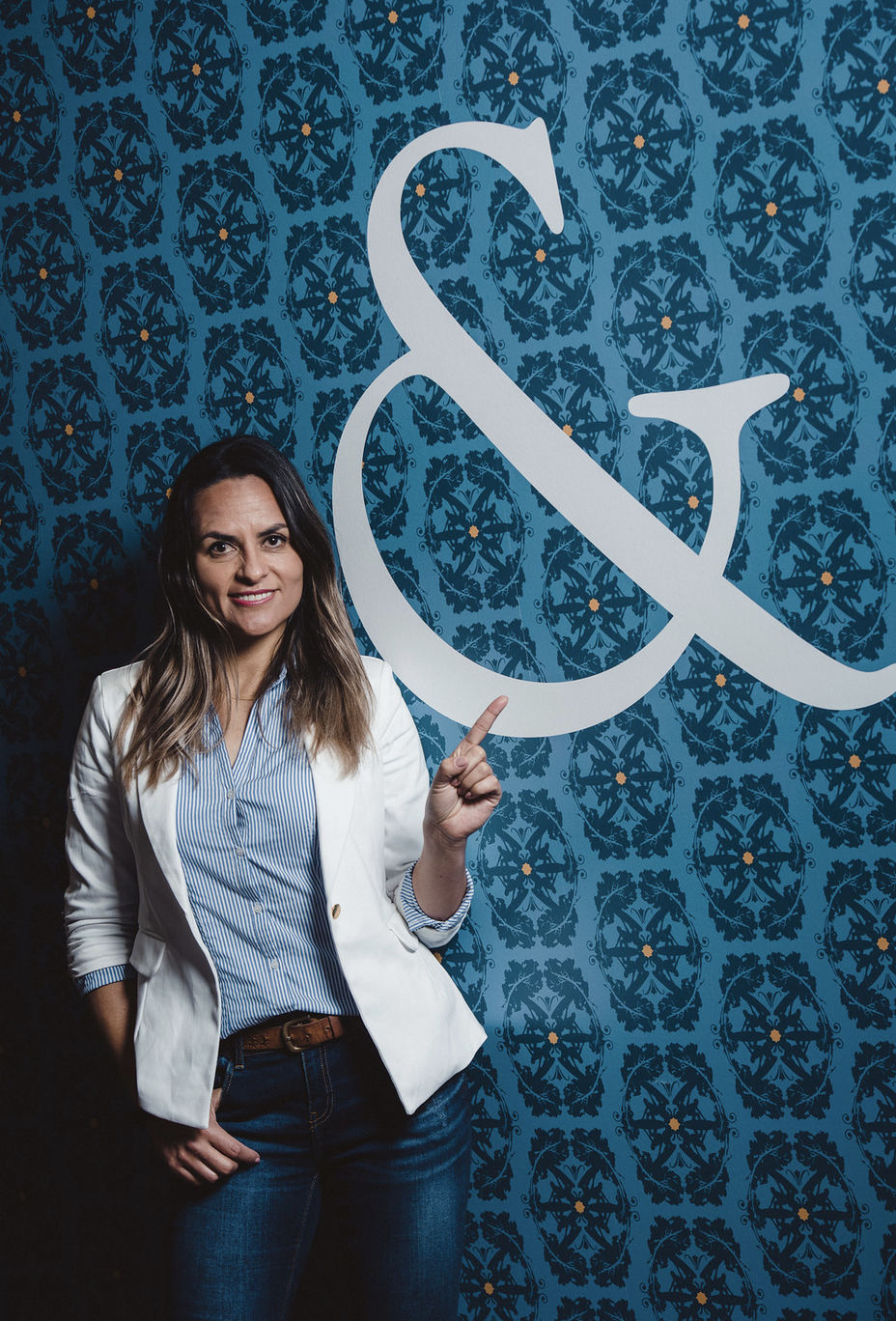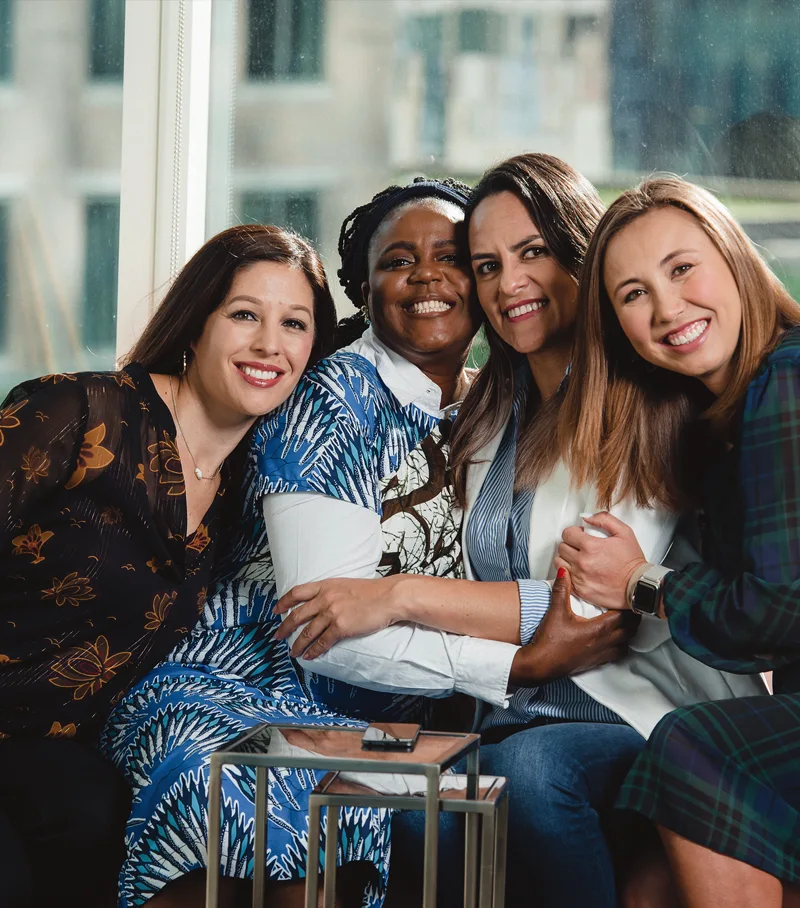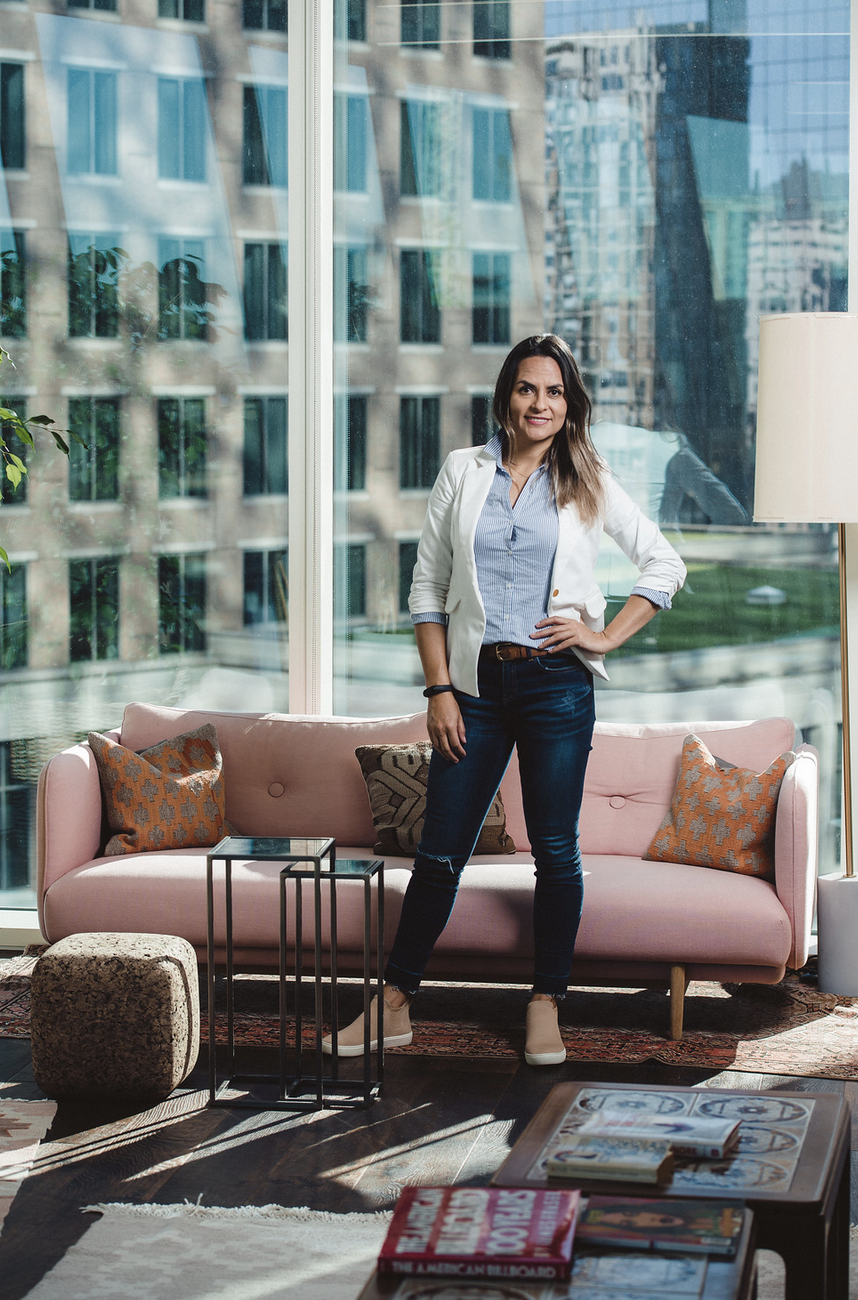
Beach volleyball conjures up images of sand, sun, and the sea. As a landlocked country in the heart of South America, Bolivia is an unlikely place to find a beach volleyball star such as Maira Coll. So, how did Maira become a world champion in a country without sand? “I believe in the things that Bolivian women think are impossible,” she explains.
Bolivia is a country of natural extremes. It’s a place with lush rainforests, stunning plateaus, and impressive mountain ranges. In recent years, Bolivia has made some strides in fostering better gender equality, with a National Plan for Equal Opportunities put in place in 2008 stating that women have equal rights to services, participation in decision making, and a life free from violence. But in 2016, seven out of ten women in Bolivia endured intimate partner violence, and, though the country has declared the fight against femicide a national priority, Global Citizen had reported 73 instances of femicide in the first six months of 2019.
In Bolivia’s chauvinist society, girls grow up with less education, poorer nutrition, and fewer opportunities for fair pay and quality jobs than their male counterparts. When it comes to sports, the landscape is dominated by men’s soccer, with little government funding or even room in the conversation for anything else.
As a little girl, Maira loved to participate in the mini olympic games at school, and she got the opportunity to compete in a variety of sports and activities, such as track and field, volleyball, basketball, and chess. When her family enrolled her in ballet, it was quickly apparent that she felt much more comfortable outside.

While Maira was trying different sports, a family from Cochabamba, Bolivia, was working to bring beach volleyball to the country by building sand courts and offering clinics to the people in the community. When she finally had the opportunity to attend a beach volleyball clinic at 21-years-old, it took some time to find her feet. “I didn’t like beach volleyball at first. It was hard to be on the sand,” she says. But the sand shifted when she met Amalia Calvo, Bolivia’s best beach volleyball player, and they began to play together. “I had always been a competitive person, but in beach volleyball you had to give your best effort in every moment and operate as a team.” She also loved that it’s a sport which “only requires your effort—you don’t need money or fancy equipment to develop your skills, just hard work.” The challenge was exciting, and Maira was up to it. She got hooked.
There were few beach volleyball tournaments in Bolivia, but Maira and Amalia dominated the scene, becoming the country’s reigning beach volleyball champions for 14 years. They were invited to play across South America and beyond, participating in the Panamerican and Iberoamerican Games. In that time, Maira and Amalia cultivated a deep respect for one another, supported each other no matter what, and now acknowledge that they are as closely bonded as sisters. In 2009, they won a gold medal at the Bolivarian Games in Sucre, competing against six other South American countries. It was a big moment for Bolivia. “I love the opportunity to serve as an ambassador of Bolivia, to be able to show the best of my country,” says Maira.
In 2013, Maria accepted a position with the Bolivian Olympic Committee, becoming its first female General Manager. She also became the Sports and Federations Director at the Bolivian Ministry of Sports. Maira knew she was now in a position to help put other women in positions of leadership, and she felt prepared for the bumps she would encounter as she worked to set up space for the women coming up behind her. “To have a better world,” she says, “we need people who believe that they can help others to have a better life.”


In 2019, Maira became part of the Global Sports Mentoring Program (GSMP) family. She traveled to Dallas, Texas, where she was partnered with Emi Fitzgerald, Earned Media Director at Saatchi & Saatchi. During her time in the U.S., Maira met other women who reinforced her belief that participation in sports isn’t just a hobby, but a way of life. “Society wants us to choose between sports and study, but we can do both,” she says.
The GSMP opened Maira’s eyes to the many different ways that women around the world face discrimination. Each country has its own problems, but, at the end of the day, we each had to find ways that we could improve the lives of girls,” she says. She claims that the Director of the Center for Sport, Peace, and Society, Dr. Sarah Hillyer, was a key part of her GSMP experience. “What Dr. Sarah does is magic, the way she connects people committed to the same objectives—to empower girls and women through sports—and the way she makes you feel like part of the family, part of this global network that is making a better world for women. It’s wonderful.” Maira also learned her own value and began to understand how she might harness her power. “The GSMP helped me discover that I could use my passion to help change the destinies of other people.”
With the global family of GSMP delegates behind her, Maira returned to Bolivia with a long list of goals she wanted to achieve for women and sports in her country. She feels an urgency to work toward a national support system that facilitates women’s access to sports because it’s “one of the most effective tools we have to give power back to women.” She also wants to give hope to girls. “I want to use physical exercise to restore little girls’ confidence and help them become familiar with and proud of their bodies, and I want to showcase other women athletes in Bolivia and around the world who can function as role models for them.”
The words “give up” are not in this Bolivian’s vocabulary. Maira envisions herself working her whole life in sports, bumping the ball for women and girls in Bolivia, setting them up to be leaders in sport, and spiking the ball in the face of gender discrimination.
Maira Coll is out there proving that when it doesn’t exist, we build it—making the impossible, possible. That’s something everyone can dig.